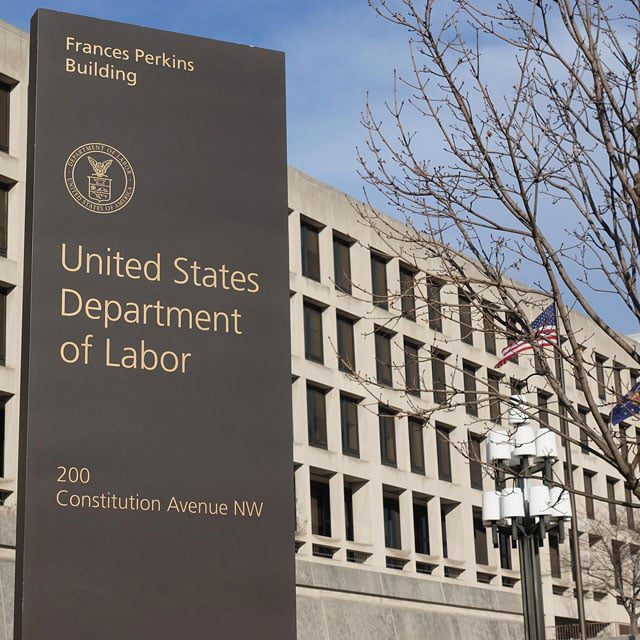New DOL Fiduciary Rule Will Face Lawsuit, Former Treasury Official Says

The new fiduciary rule is “less broad” than the 2016 rule, Harris relayed.
The 2016 rule “effectively applied to any time anyone was providing retirement advice to savers. It was incredibly broad and it was ultimately any conversation that you had with an advisor would be covered,” Harris continued. The new rule “is much more narrowly targeted to certain products and targeted towards that one-off type of advice you might receive around the rollover instance. So it’s more narrow.”
A ‘Big Change’
What the new rule “ultimately is doing from a very high level is updating the laws governing retirement investment advice to be more consistent with the landscape today, to be more consistent with a retirement landscape where people have to make their own individual decisions and are turning to advisors for advice,” Harris stated. “This is something that people didn’t have to do 50 years ago when [the Employee Retirement Income Security Act] ERISA was passed.”
Today, “401(k)-like accounts are managed by the worker, or the saver, or the individual, which requires a fair amount of knowledge in terms of how to invest and financial decisions that need to be made. And so, when that type of onus is put on the saver, you know, a lot of times people are not experts in this field, so they turn to experts,” Harris said.
A “big” change with the new rule, Harris said, “is around one-time advice.”
Prior to the new DOL fiduciary rule, “a person might go to an advisor at the period of a rollover,” Harris explained. “So, you have saved for your whole life in a 401(k), maybe you’re at one job, maybe many. But let’s say that you’re at the end of your career and you’re making a decision about what to do with your accumulated retirement savings. And you go to a retirement advisor and you’re saying, ‘[L]ook, I want to put this in some type of product.’”
Under the current regulations, “if you’re just going in for one-time advice, that might not be covered under this umbrella rule that demands you get a certain level of advice,” Harris continued. “And what this [rule] does is it says that if the advisor provides regular advice, not just to you, but as part of their course of business, then they might be subject to a fiduciary standard. So, what it ultimately does is protect people who are looking for that, you know, one-time piece of advice from an advisor around rollovers.”




